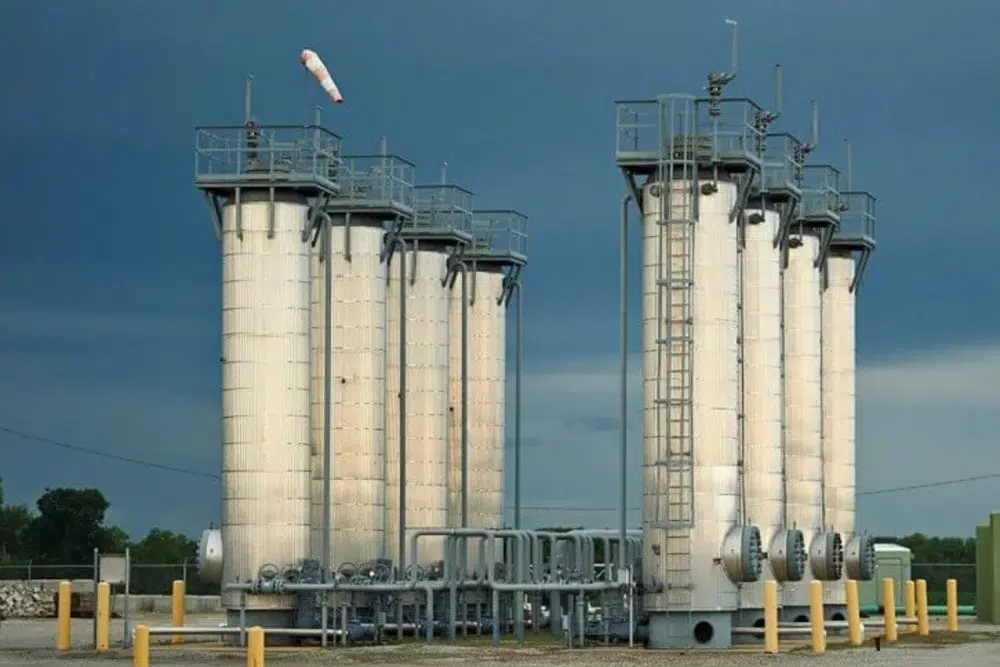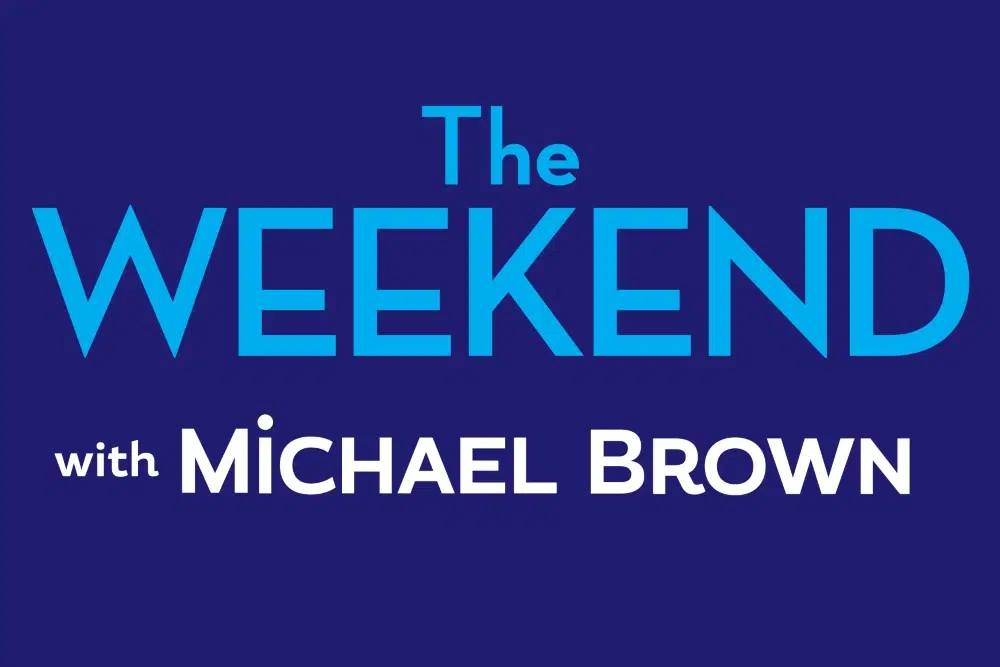EAST PEORIA, Ill. — It’s likely to be a long hot summer with sky high electricity bills, but officials with Ameren Illinois say there should also be plenty of relief for residents who are struggling and that rolling black outs might also be avoided in Central Illinois.
Ameren representatives joined business leaders from across the region for a chamber breakfast Thursday morning in East Peoria.
During a roughly 30 minute presentation, attendees were informed about how the cost of electricity is expected to increase more than 50 percent for most Ameren Illinois customers this summer.
For some customers, it could be as much as double the cost on their current power bill. Ameren has gone to lengths to explain they have only limited control over energy prices and that they are largely just as frustrated about the situation as everyone else.
Many of those in attendance, though, wanted to know the answers to two basic questions.
Who, or what is to blame?
And how long will the cost of electricity remain so high?
Ameren officials indicated there is plenty of blame to go around, including for state energy infrastructure and distribution planners as well as policy makers both at the state and federal level.
However, what seemed to emerge as the main contributor to the energy shortage is one that’s been all too familiar – supply chain issues due to the COVID-19 pandemic.
More specifically, supply chain issues related to green energy infrastructure.
Ameren Illinois Communications expert Tucker Kennedy explained that as Illinois continued shutting down coal fired power plants throughout the height of the pandemic, it was not able to keep up the same pace of green energy expansion due to supply shortages.
“The state’s got a very aggressive plan, which is by 2050, relying on renewable energy, but based on the demand of today, we’re not there,” said East Peoria Mayor John Kahl.
In addition to all the rest, many of the business leaders wondered how the ever growing market for electric vehicles will create even more energy challenges in the coming years.
For now though, Kennedy ensured all in attendance there would be assistance provided through Ameren incentive programs and charitable contributions as well as through the public sector, primarily through the federal LIHEAP (Low Income Housing Energy Assistance Program).
However, enrollment for that federal program isn’t set to begin again until September.
Mayor Kahl added, “Ameren didn’t create the problem, but from what I gather it doesn’t look like there is anything good in sight for some time and people need to plan accordingly.”







Comments